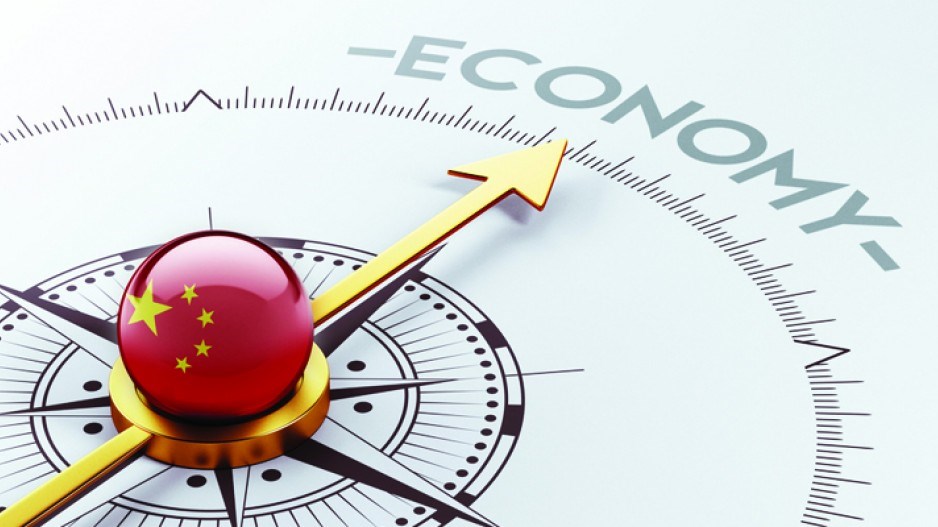The “golden age” is over for foreign businesses operating in China, according to surveys of the country’s main trading partners.
Polls of their members by both the US-China Business Council and the European Chambers of Commerce in China have found growing pessimism about profits and ease of doing business in the face of increasing local competition and rising production costs.
There are dramatic increases in pessimism about the prospects of their China operations among members of both groups as they view the long-term trends in the Chinese economy, developments in the Chinese local market and emerging political pressures.
Among the Americans, the US-China Business Council found optimism about their China businesses has declined from 57% in 2010 to 31% now. Over half the Europeans believe the “golden age” for multinational corporations in China is over. They also think that the slowdown in the Chinese economy has become embedded and is now more of a deterrent to business than rising labour costs.
While both the European and U.S. operations in China remain largely profitable, they see growing challenges ahead, with the prospect of profits levelling out or even declining.
The surveys found significant differences in U.S. and European perceptions of the threats to their China businesses. For the Europeans, the main bugbear is the Chinese economy, which appears to be entering an extended period of decline. China’s growth in gross domestic product is running at a bit over 7% – well below the double-digit growth investors have become accustomed to in the last two decades – and the slowdown has hit corporate revenues particularly hard.
Next on the list of anxieties for European businesses is rising labour costs, followed by problems of attracting and keeping suitable local employees and barriers to entering the Chinese market.
For the U.S. businesses, competition from Chinese domestic companies is the main growing problem, accompanied by clear evidence that Chinese state-owned companies are re-emerging as a domineering force in the economy. Next are rising labour and production costs and then difficulties with changing Beijing government policies and regulations.
The squeeze has been put on profit margins not only by rising production costs, but also by the Chinese government’s ending of investment incentives for foreign companies and the introduction of new taxes. Foreign corporations were often offered tax holidays, cheap land and utilities at reduced prices. These inducements were usually offered by local governments, but have almost all ended as Beijing puts pressure on municipalities to clean up their fiscal management.
At the same time, China has raised the corporate tax rate for foreign companies to 25% from 15% and has made them liable for several levies from which they were previously exempt. These include social security payments for foreign employees and taxes for municipal maintenance, construction and education.
Since Xi Jinping came to power at the end of 2012 as head of the Chinese Communist Party and China’s president, foreign companies have already begun to experience what many expect to be a prolonged campaign of more intense enforcement of regulations and scrutiny of their operations. All too often these actions are arbitrary and politically driven.
Several foreign companies in a variety of business sectors have already scaled back their plans and expectations in China as a result of growing competition from local companies. Among retailers, the U.S. company Walmart, France’s Carrefour and Britain’s Tesco are all retrenching in the face of local competition. The same is happening in smartphone sales where Apple and Samsung are losing market share to Xiaomi, Lenovo and Huawei. And among heavy-machinery producers, the U.S. company Caterpillar and Japan’s Komatsu are under market pressure from several local companies. •
Jonathan Manthorpe ([email protected]) has been an international affairs columnist for nearly 40 years.




